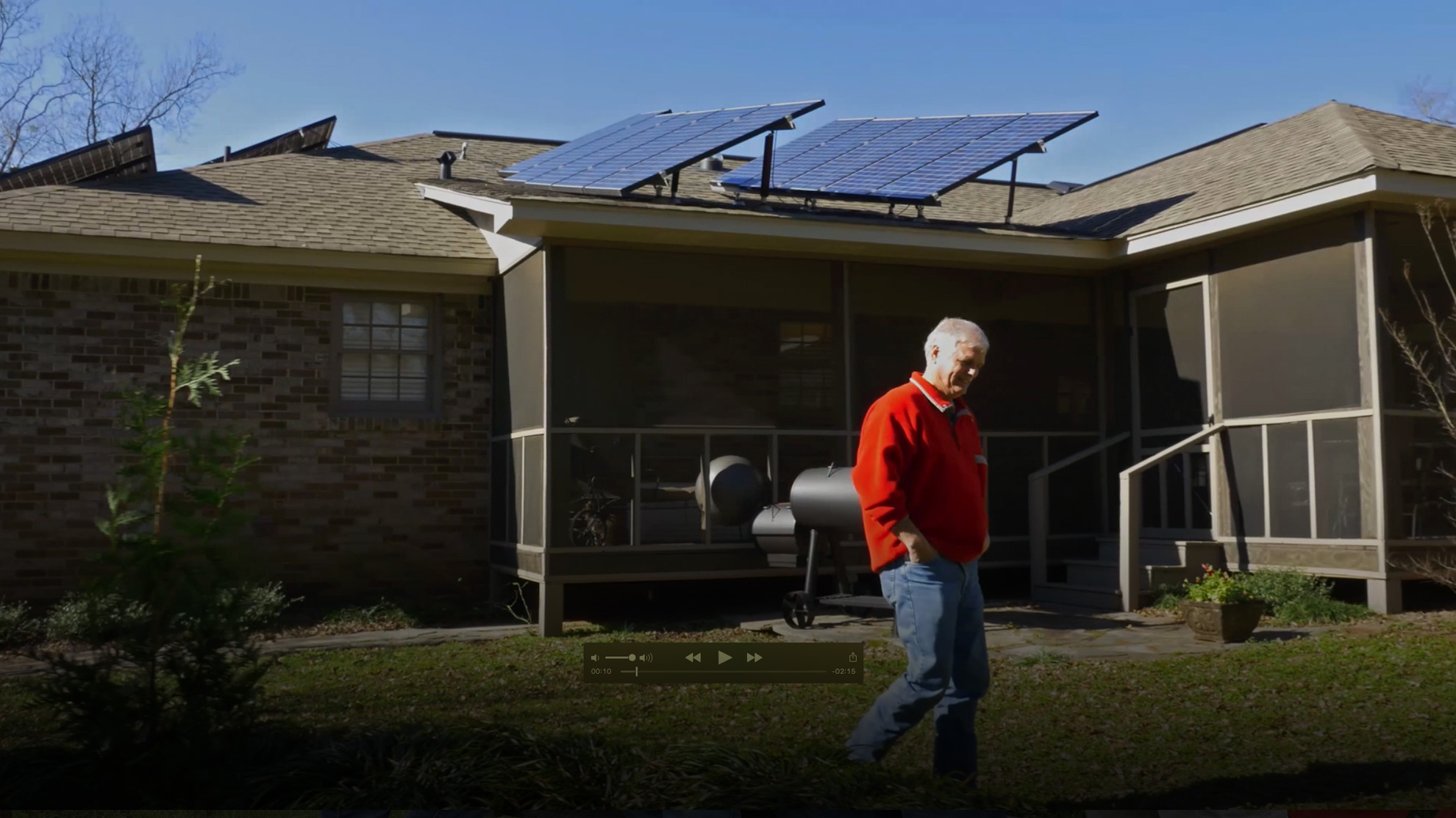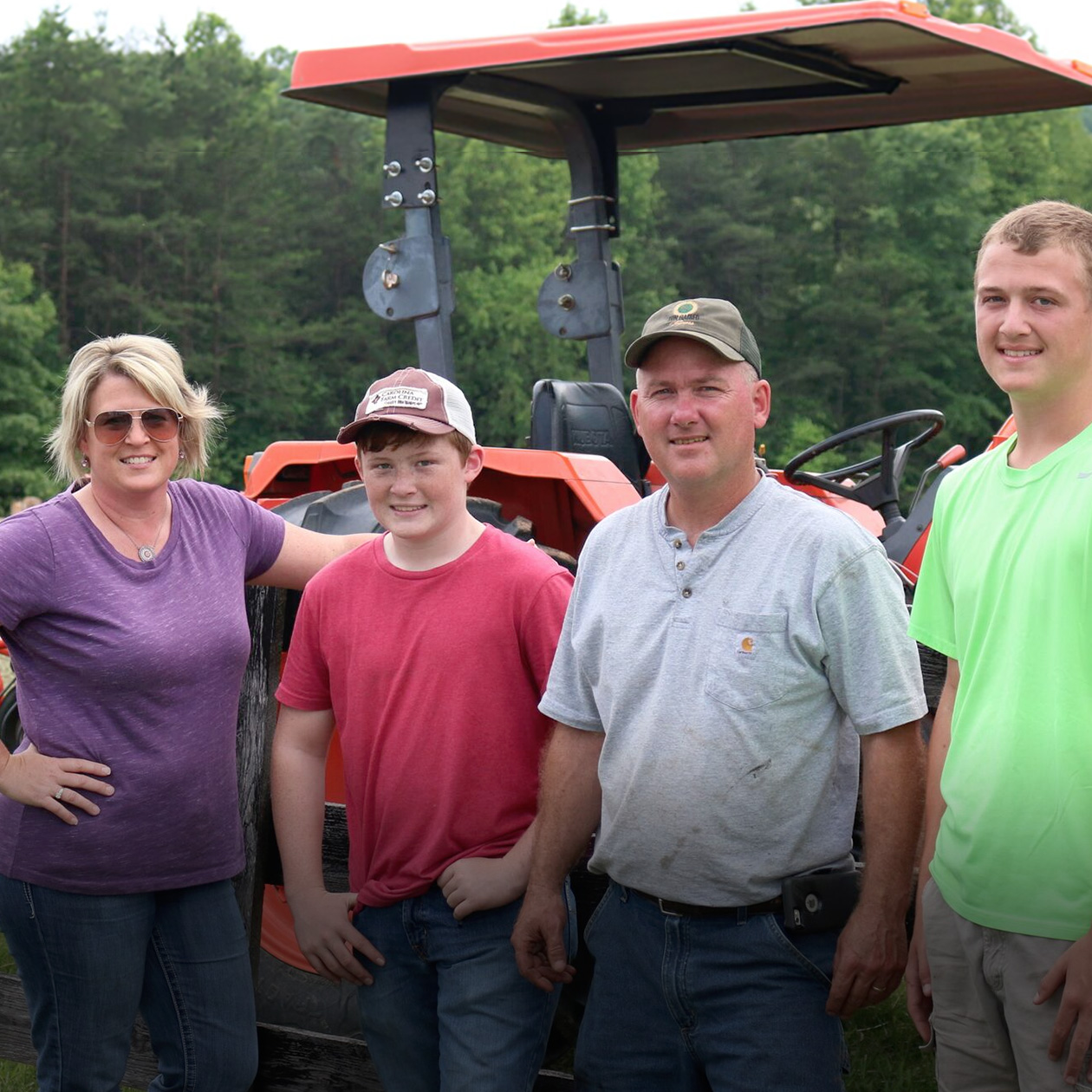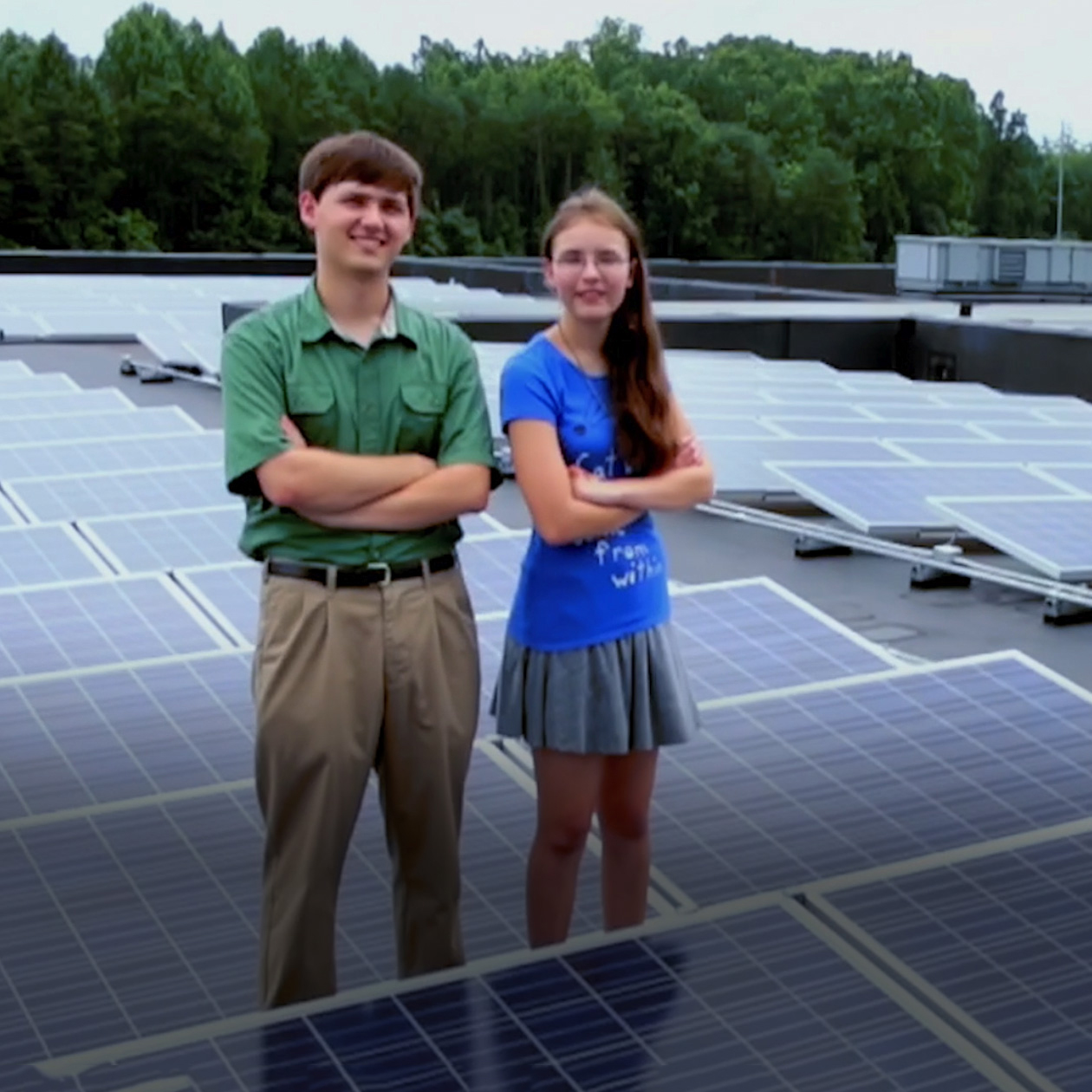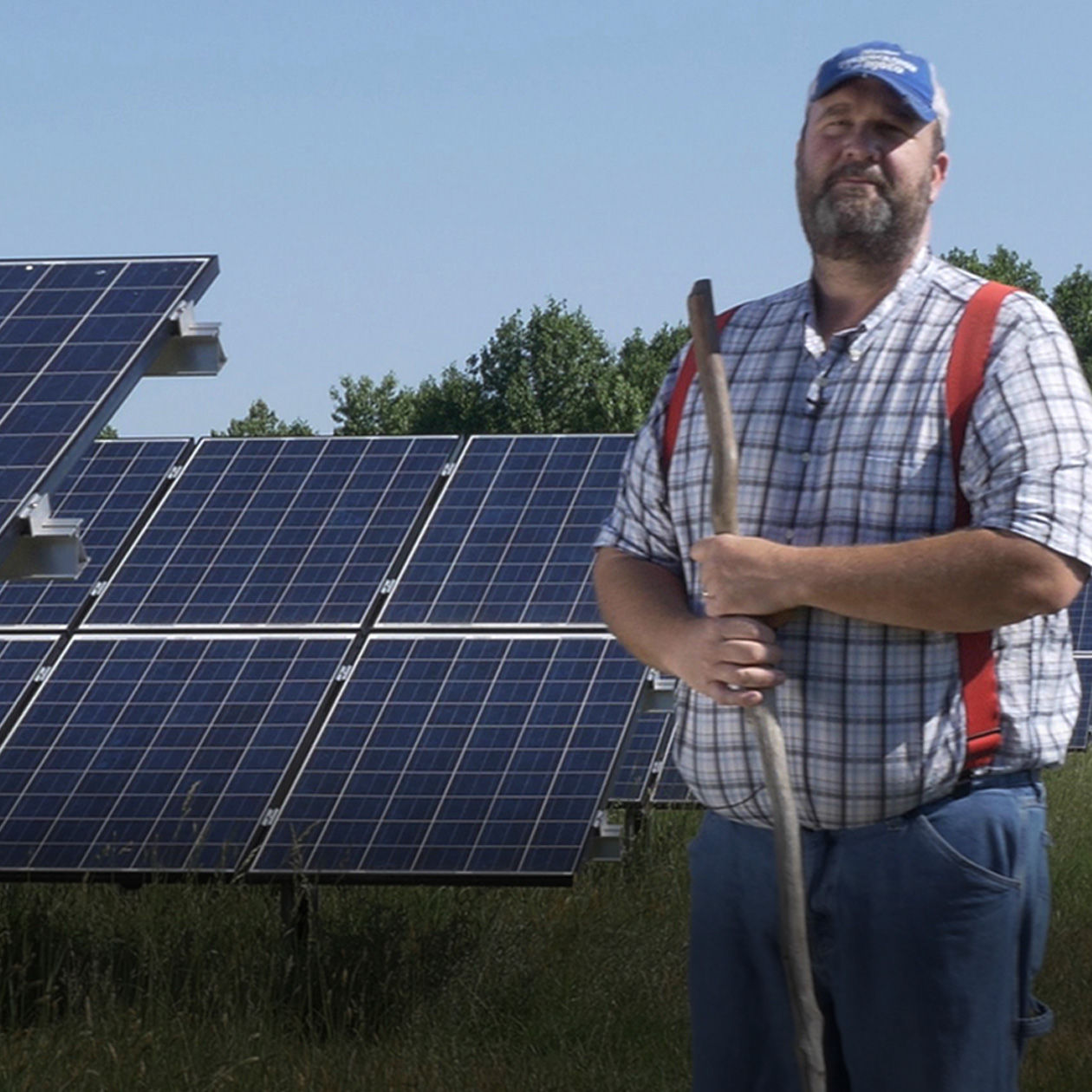Chuck Jay
After spending nearly three decades underground working in the coal mines, Chuck Jay’s new career as a solar installer may seem like a leap. And it IS a leap, of sorts—from underground to rooftops. But Jay says the two industries have more in common than you’d think.
“Coal and solar are both resources that are naturally produced. Good Lord made them both, you know?”
And yet, Jay—a self-described “solar geek”—can see that the coal industry is facing falling profits and layoffs, while the solar industry is surging. Eventually, Jay says, solar “may take over the power industry.”
“Solar’s the harnessing of a natural resource through technology, is what it is,” says Jay. “So as a technology, it is always advancing, always changing.”
For an entrepreneur at heart like Jay, that rapidly advancing technology spelled opportunity. So four years ago, he launched C & S Solar in Northport, Alabama.
“I've been very excited where it's come to in the last four years,” Jay says. “It's been a real blessing.”
But it hasn’t exactly been easy.
Running a solar business in Alabama presents its own unique challenges.
“They actually charge you extra if you do solar on your house,” Jay says, shaking his head.
He’s referring to Alabama Power’s “rate rider.” That’s a monthly fee the utility charges its customers if they opt to connect their solar system to the grid.
“It's a surcharge for the ‘privilege’ of selling power back to the utility,” Jay says with a smirk.
Even without the rate rider, the financial benefits of solar are smaller in Alabama than they are in other states—most of which now offer “net metering.” With net metering, solar customers can earn the same rate selling their excess energy as they pay to buy energy from their utility. But in Alabama, Jay explains, “they pay you about one fourth of what they charge you, with an additional charge for the ability to do that.”
To illustrate the impact of those policies, Jay uses his own home as an example. Since installing a 4kW solar array on his roof, Jay’s monthly electric bill has fallen significantly — from about $165 a month to $50 a month. And yet…
“If I lived in Colorado or Arizona, instead of me paying approximately 50 bucks a month for my utility bill, they would probably be paying me $30 or $40 a month,” Jay says. “The only difference in those two scenarios is the way the utility reacts to the install.”
Jay, of course, is a businessman, and he knows that the utility has its reasons for charging extra to solar customers.
“They don't want a hundred families in this [neighborhood] to pay $30 a month to the power industry instead of $200,” he continues. “The problem is they are going to lose revenue,” Jay asserts.
“So, you know, I understand their position,” he adds. “I don't agree with it, but I do understand it.”
Four years in, C & S Solar is still a small sole proprietorship. Right now, Jay hires a handful of workers on an as-needed basis when installations are scheduled.
But, “I do believe solar could be a great vehicle for job creation,” Jay says.
In fact, if Alabama were to eliminate its rate rider and begin offering net metering to solar customers, Jay believes the state’s solar industry would grow dramatically. And if that were to happen, he would gladly expand C & S Solar—maybe even recruit a former coal miner or two.
“Being able to give people work is a great feeling,” Jay says. “It's part of the reason we do what we do, you know?”
Until that happens, though, Jay will continue doing the work he loves, installing solar systems that use technology to harness the sun.
Squinting through the bright sunshine at the solar panels on his roof, he notes that they’re likely feeding energy back to the grid as he speaks.
Then, with a chuckle, he adds,“probably get a whopping 45, 50 cents today.”




